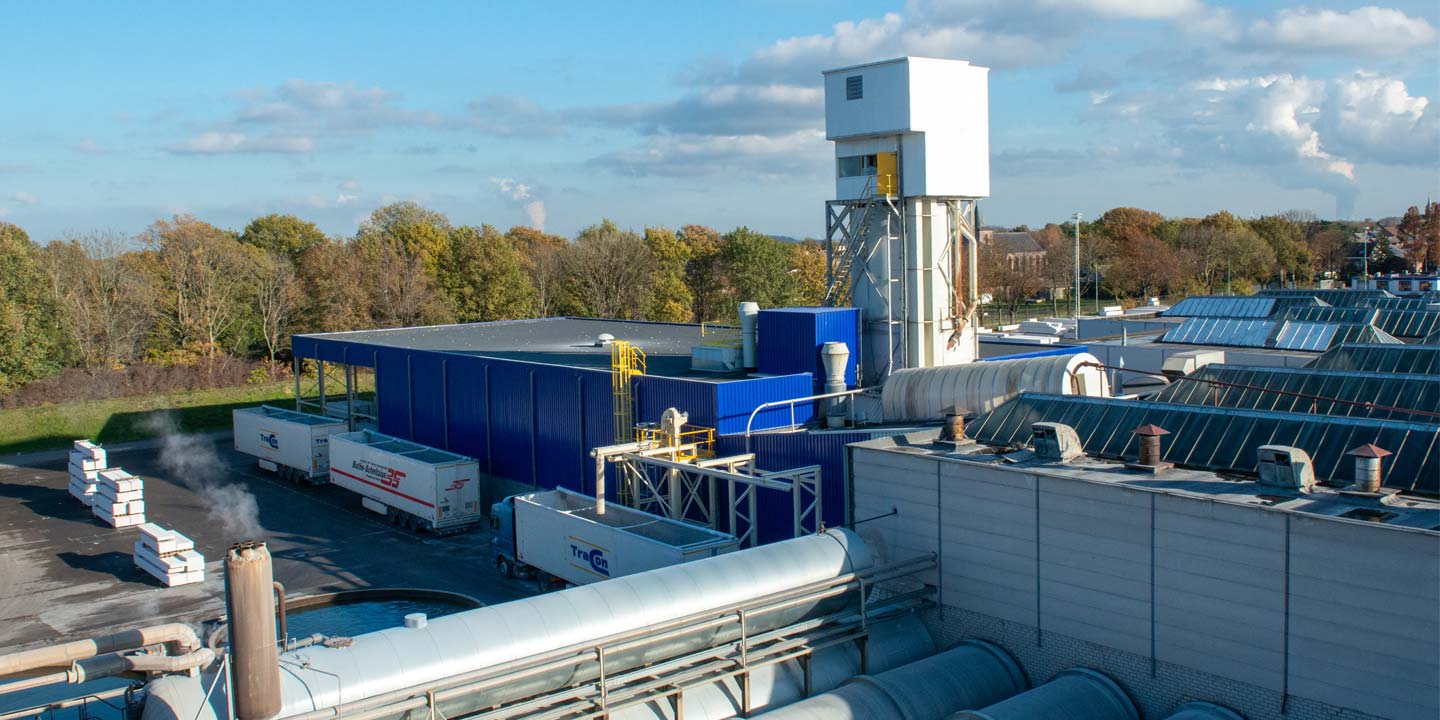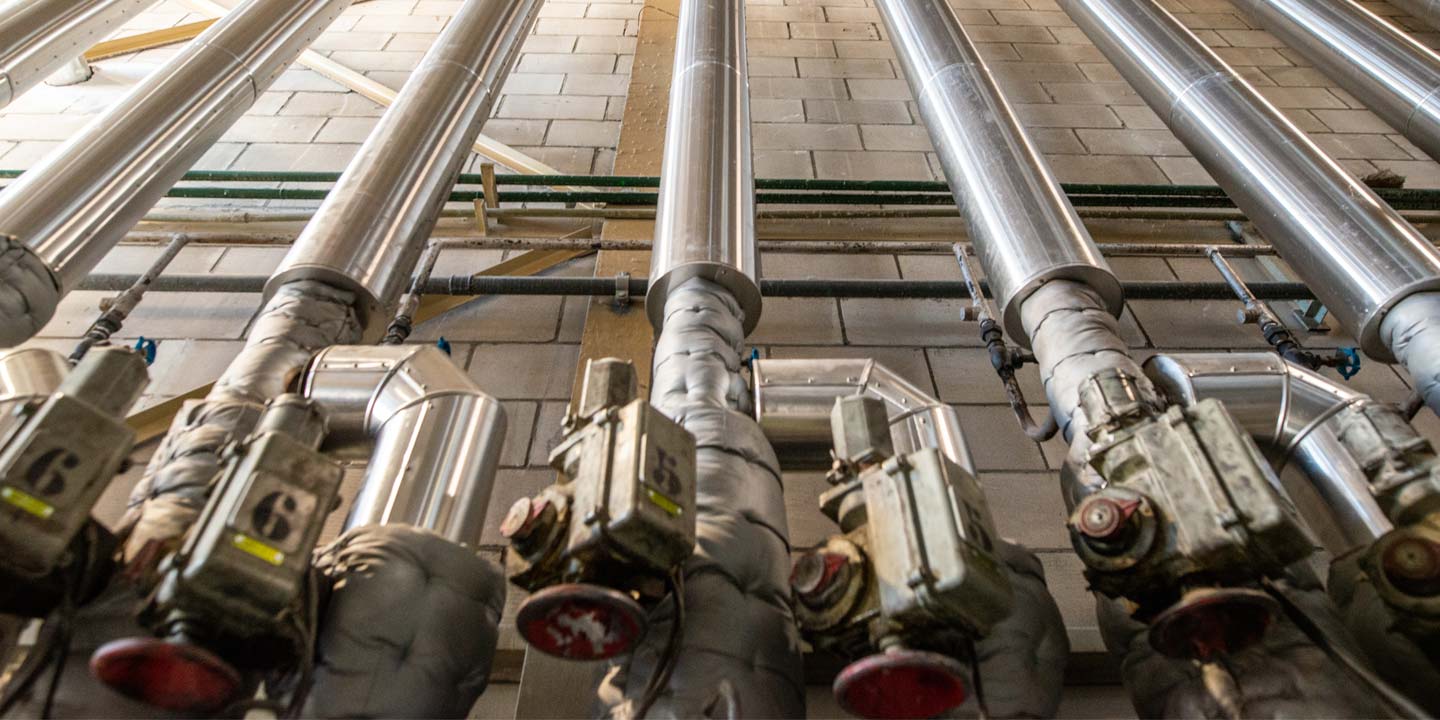Xella Landgraaf
Thermal insulation and energy efficiency in industrial projects
GSH Industrial Projects was asked to improve the existing installations for factory Xella with the focus being on thermal insulation. This mainly concerns a large autoclave with a vapour vessel, a condensation vessel and piping (including steam pipe network). The process temperatures of these installations vary between approximately 80 and 200 °C.
Xella Nederland BV is a specialist in building with sand-lime brick, aerated concrete and insulating with mineral insulation boards, in both residential and non-residential construction.
Optimising insulation thicknesses and budgets in industrial projects
Based on the initial offer, and by means of a thermal scan of the existing installations, GSH was able to propose an improvement of the existing insulation systems in place. By collaborating with ISOVER Technical Insulation, the teams ensured a sustainable and cost effective result.
ISOVER Technical Insulation played its full role as a consultancy partner here, working together with the contractor GSH and asset owner Xella to look for wins for each party. The result are economically optimal and energy-efficient insulation systems.
The aim was to ensure that all criteria were met for Xella to qualify for the Energy Investment Allowance (EIA).
At the same time, the installation being complex, the challenge was to optimise the insulation thicknesses. This necessitated the use of more efficient insulation which initially led to an increase in the project budget, but which was largely offset by the tax advantages of the EIA.
The product used was glass wool crimped rolls (TECH Crimped Roll 2.0 Alu1). Using rolls instead of stone wool slabs means also a quicker installation time for contractors.
Why use smart insulation?
Our answer is: sustainability. A good technical insulation system helps with energy saving and CO2 reduction.
For Xella in Landgraaf, it meant not only benefiting from the tax deduction of the EIA, but these positive effects will continue to recur year after year.
What is EIA?
EIA stands for Energy Investment Allowance (EIA), which is published annually in the Energy List by RVO.nl. This list contains all investments that are eligible for the EIA.
The process temperature and the R-value of the insulation installed determine whether you qualify for the EIA scheme. For this project, Xella qualified, meaning a large sum of the budget was compensated by the EIA.
A company can deduct up to 45% of investment costs from the fiscal profit. This way, investments in energy efficient techniques and sustainable energy yields an average benefit of 11%.

Thermal insulation and energy efficiency in industrial projects




